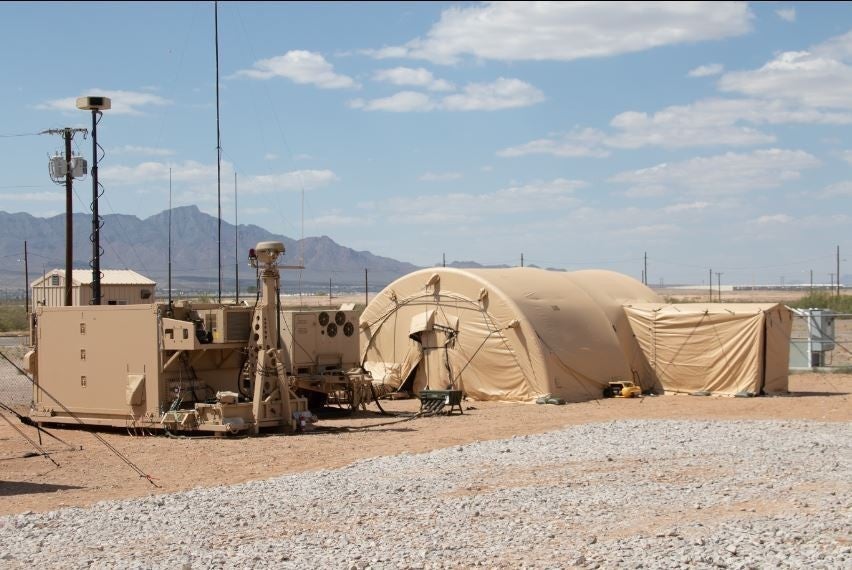US Army Conducts 8th IBCS Intercept with F-35 Integration
The U.S. Army engaged two targets in a developmental test for its latest Battle Management system, the Integrated Air and Missile Defense Battle Command System (IBCS). According to a press release from Northrop Grumman, the developer of the system, this will be system’s 8th successful intercept. The interception used data from an F-35, doing so for the second time in coordination with IBCS. The system also incorporated the AN/TPS-80 Ground/Air Task-Oriented Radar (G/ATOR) system of the U.S. Marine Corps for the first time in an intercept test, demonstrating the integration capabilities with the sister service. This joint integration is to become even more prevalent in the future. Also noteworthy about the interception was that IBCS also integrated directly with the Navy’s CEC (Cooperative Engagement Capability) using Joint Track Manager Capability (JTMC) of AEGIS Weapon System. CEC is a similar capability to the IBCS, but instead optimised for the U.S. Navy.
The system intercepted two targets mimicking cruise missiles. One of the targets carried out an Electronic Attack to disrupt the radar performance within the network, while the other target flew a threat representative flight path to hit friendly assets. Both targets were shot down.
We covered IBCS in our recent piece on defending Guam, where we touched on how it could contribute to the island’s defense against ballistic and cruise missile threats. But to break it down, the system is an open architecture platform that integrates various sensors from different platforms into a single network that can generate fire control tracks for many different shooter systems. The IBCS network will connect these platforms, even if the platforms weren’t originally intended to communicate and share information.
As the focus within the DoD shifts from standalone systems to integrated systems, like IBCS, ABMS and AEGIS, the integration of platforms across the services into the IBCS network will grow. And will further strengthen the pool of sensor information that the system can draw from. So far, the system is mainly being procured by the U.S. Army. While Poland will be the first Foreign Military Sales nation to procure IBCS.

